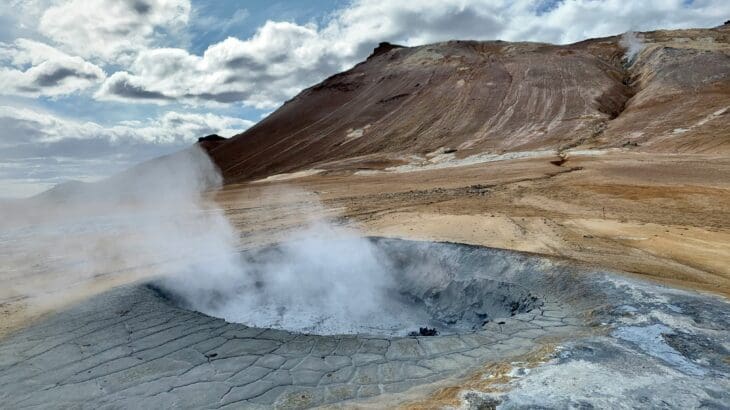As opportunities to expand the Cuban tourism industry grow, so does the threat of a negative impact to the Caribbean island’s natural and human environments. Sheltered for decades from widespread tourism and economic liberalization, Cuba has retained a wholesome natural landscape by utilizing low-tech methods of production for energy and food. Key challenges in facing rising tourism numbers include preservation of ecosystems, coastal habitats, and marine environments, clean marinas and sustainable ports, need for rapid development of new infrastructure, need for sustainable food supplies to meet increased demand, development of sustainable tourism and coastal sustainability master plans and management strategies.
A program of the Ocean Foundation, Cubamar, is addressing some of these challenges by promoting exchanges related to marine science for a couple of decades in areas such as coral reefs, coastal habitat, and sea turtles. Commodore Diaz Escrich of the Hemingway Yacht Club is researching solutions to increased traffic of private yachts and cruise ships to the Island. Biodigesters have emerged as an option; based on port sustainability strategies developed by the USF College of Marine Science (CMS), biodigesters could convert both sewage and food waste to biogas energy.
A biodigester can convert 5000 tons of waste into 3000 CF/Ton or of biogas which can used or 100 KW of of electrical energy. Dr. Patricia Gonzalez is seeking support for a project that enhances and protects coastal habitat and marine environments through the Blue Community strategies, ocean policy models developed by the USF CMS, and joint education programs that share and teach best practices. Cuban agriculture accounts for less than 10% of the GDP, but employs 20% of the nation’s workforce and utilizes about 30% of the Country’s land. Urban farming is also promoted. In Havana for example 90% of the city’s produce comes from local urban farms and gardens. Building new infrastructure, if done sustainably, will go a long way toward providing the economy development that will allow Cubans to participate in this new resource development.


